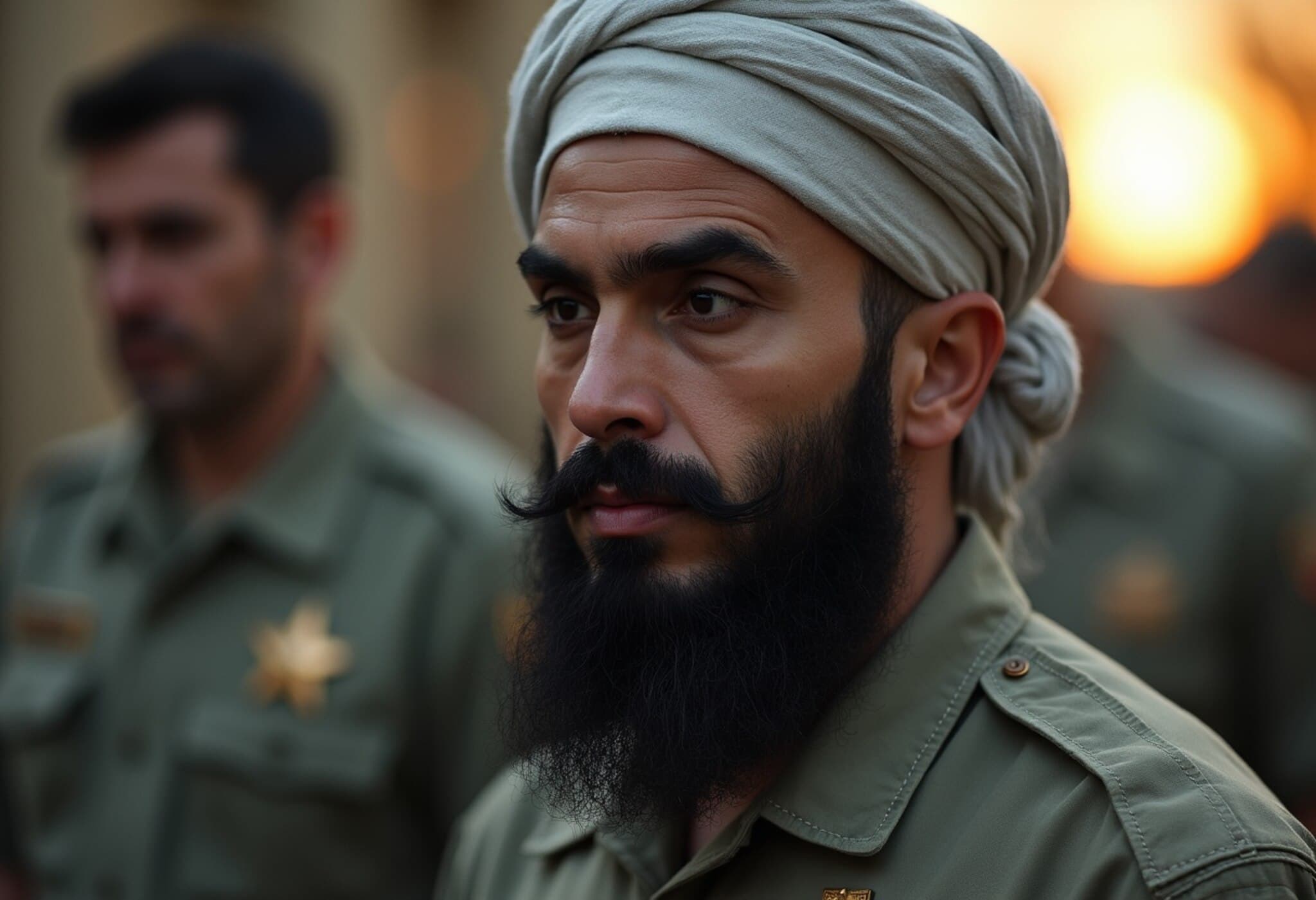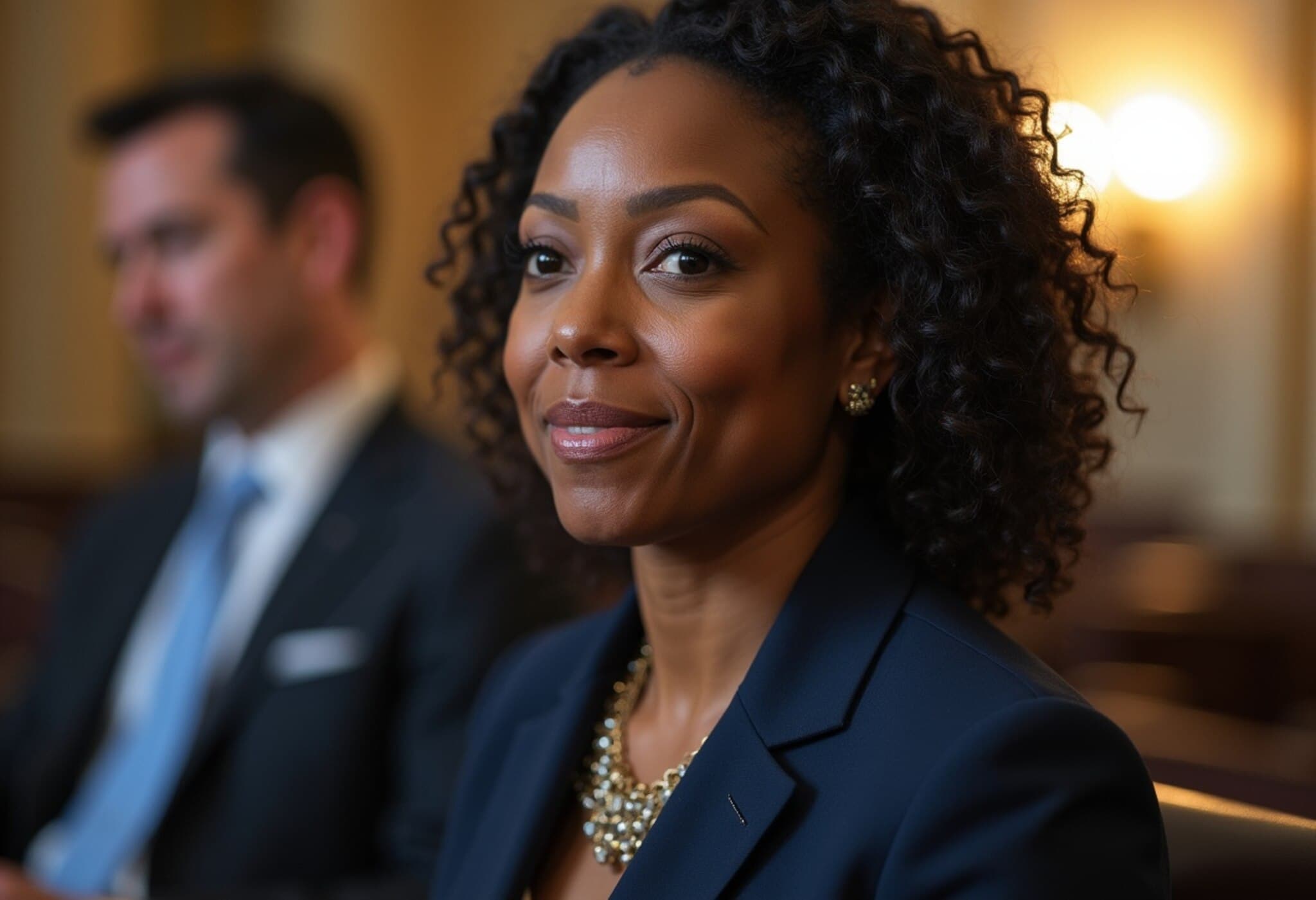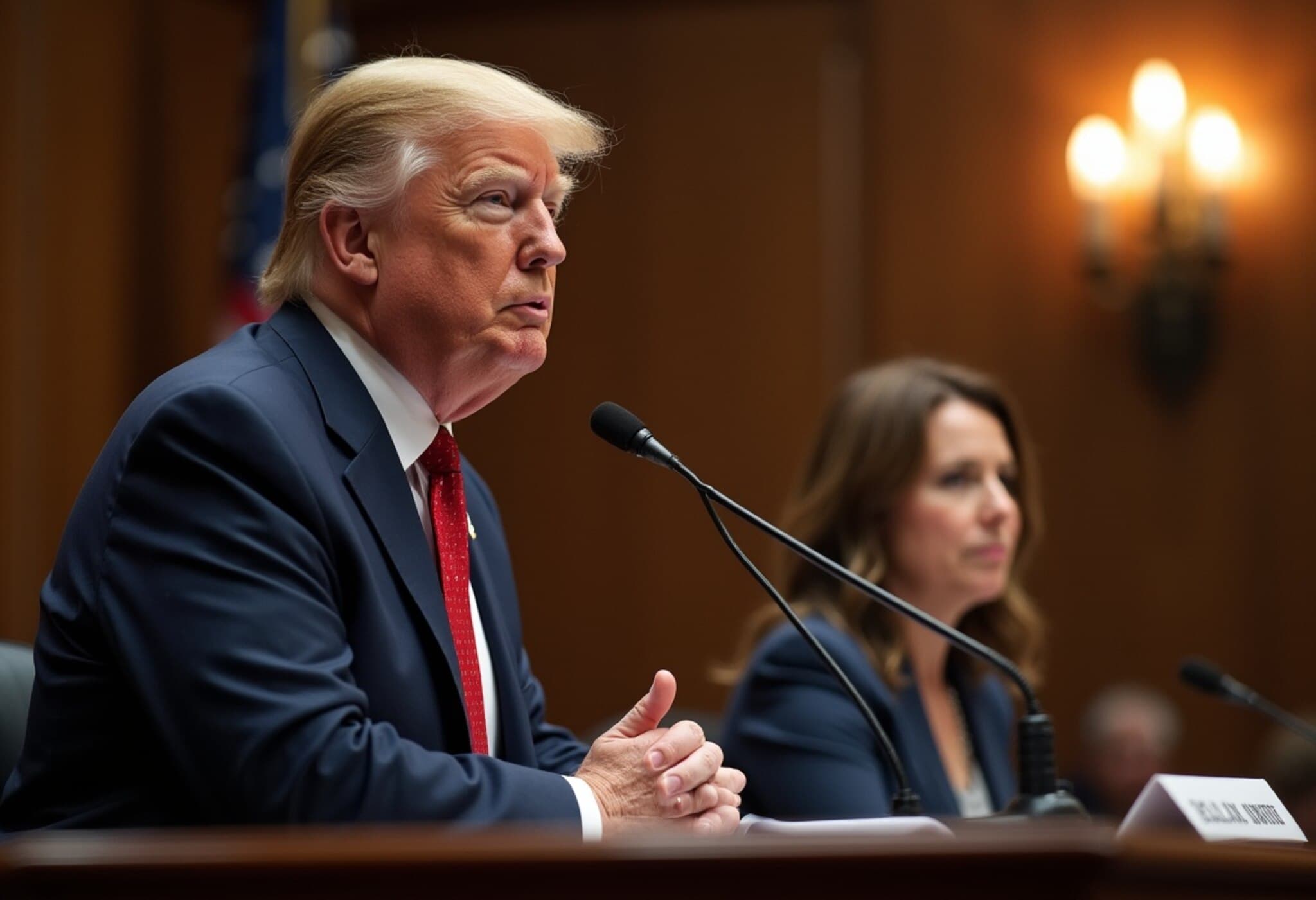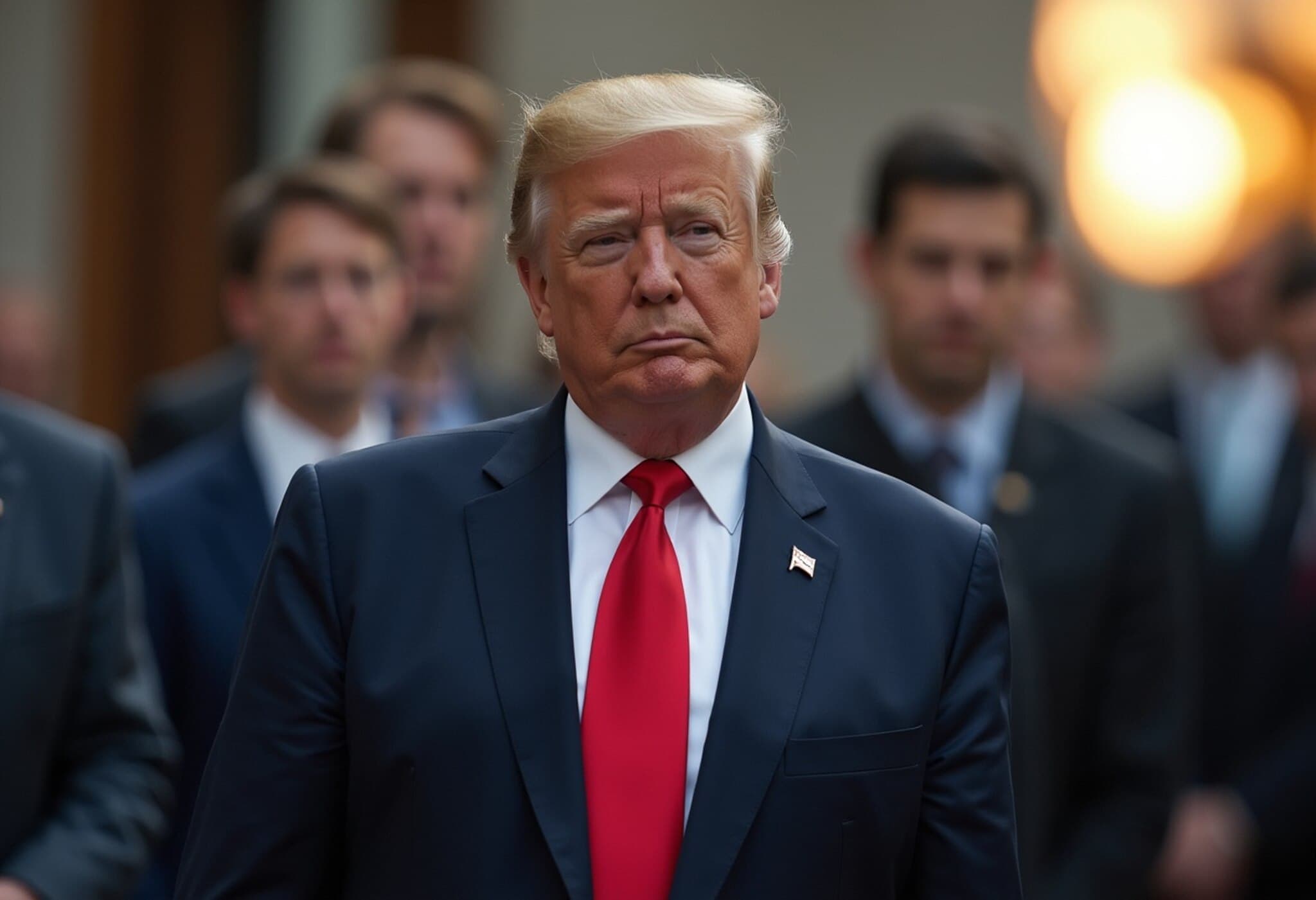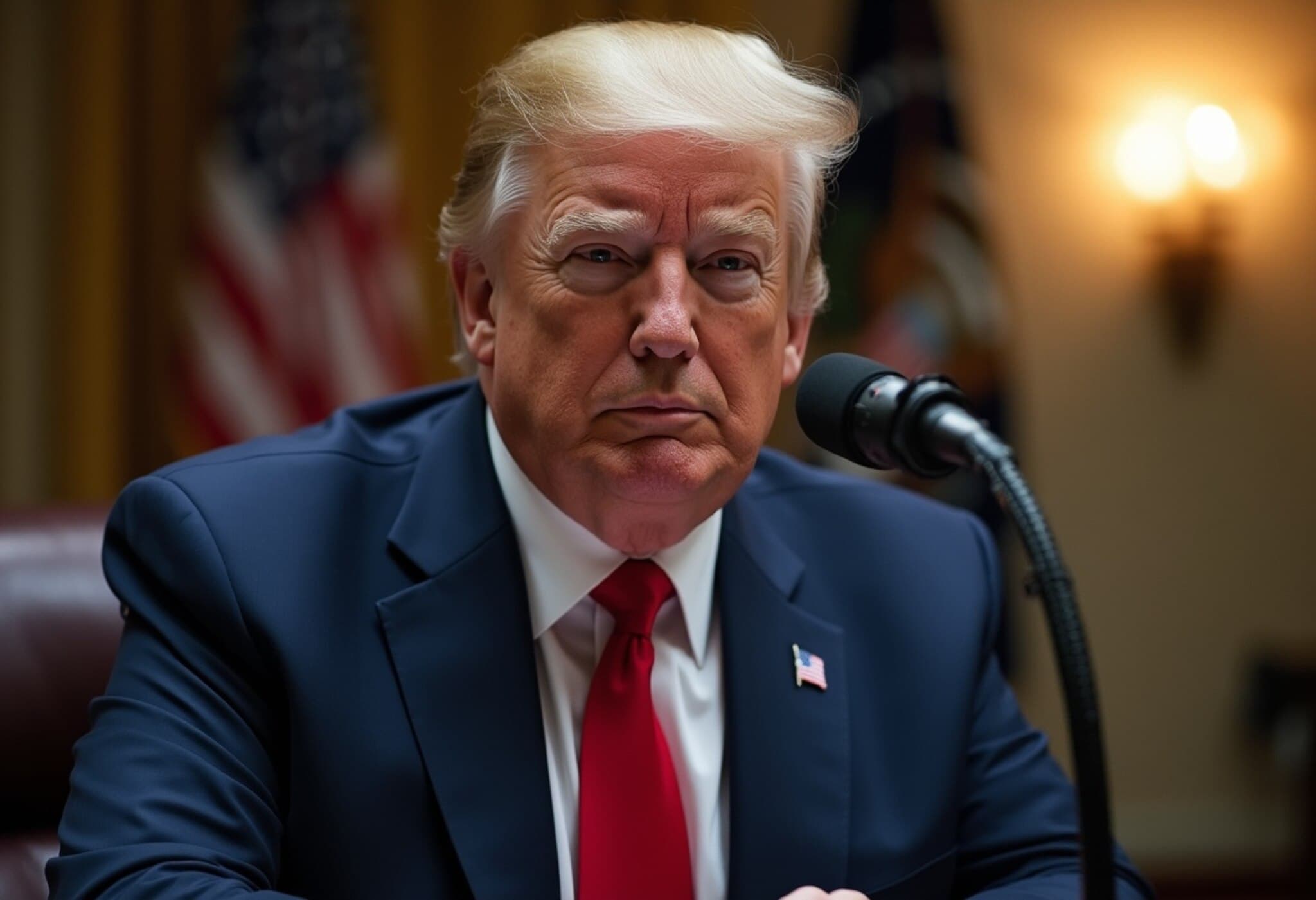Federal Appeals Court Overturns Plea Agreement in 9/11 Mastermind Case
In a pivotal ruling that reshapes the two-decade-long saga of justice after the devastating September 11 attacks, a divided panel of the U.S. Court of Appeals for the District of Columbia Circuit has invalidated a plea deal with Khalid Sheikh Mohammed, the alleged principal architect behind the 2001 terror strikes. This decision underscores the enduring complexities surrounding military commissions at Guantanamo Bay and challenges efforts to swiftly resolve one of America’s most consequential terrorism cases.
Background: A Controversial Plea Arrangement
The plea agreement, painstakingly negotiated over two years and sanctioned by military prosecutors and senior Guantanamo officials, had promised life imprisonment without parole for Mohammed and his co-defendants. In exchange, they would have admitted guilt, thereby avoiding the death penalty while committing to disclose key details potentially providing closure to victims’ families. Yet this accord, approved last year, faced spirited opposition.
Defense Secretary’s Intervention Sparks Legal Battle
Then-Defense Secretary Lloyd Austin intervened to rescind the deal, asserting that decisions regarding capital punishment in an attack of this magnitude must reside solely with the defense secretary’s authority. This prompted a legal tug-of-war: defense attorneys claimed the agreement was binding and that Secretary Austin had acted belatedly, while prosecutors, supported by the current administration, maintained he acted within his rights.
Appeals Court Decision and Judicial Split
On July 11, 2025, by a 2-1 vote, the appeals court sided with Defense Secretary Austin. Judges Patricia Millett (a Clinton appointee) and Neomi Rao (appointed by Donald Trump) concluded that the Secretary’s intervention fell within legal bounds, emphasizing the public’s interest in fully prosecuting the military trials instead of ending them prematurely.
In a vigorous dissent, Judge Robert Wilkins, appointed by Barack Obama, contended that the government failed to demonstrate clear error by the military judge who initially upheld the plea deal. This discord within the judiciary highlights the intricate legal and ethical strands woven through this case.
The Broader Context: Challenges of Justice Post-9/11
The case against Khalid Sheikh Mohammed epitomizes the United States’ struggle to balance national security, victim closure, and due process. Detained at Guantanamo Bay since 2003 after his capture in Pakistan, Mohammed’s prosecution has been riddled with procedural delays, questions about the legitimacy of military commissions, and political hesitations over capital punishment.
From an American legal perspective, this ruling may signal a recommitment to conducting full trials despite their length and complexity, rather than settling for negotiated pleas. It also reflects the persistent tension between political authorities and the military justice system in high-profile terrorism cases.
What’s Next?
This ruling dashes hopes for a swift resolution and sets the stage for prolonged litigation and trial proceedings. It opens critical questions about how the U.S. balances the demand for accountability with the victims’ need for closure and the accused’s rights. As lawyers prepare for continued military trials, families of 9/11 victims and the American public face fresh uncertainty about when, or if, justice in this vexing case will be fully realized.
Expert Analysis
Legal analysts note that this decision underscores an evolving interpretation of executive authority over military justice. It also points to a potential precedent for handling other terrorism prosecutions within military commissions, especially where plea agreements involve capital punishment.
Furthermore, the ruling raises broader policy debates about Guantanamo Bay’s future, the viability of military commissions versus federal courts for terrorism cases, and the challenge of balancing transparency with national security in high-stakes prosecutions.
Editor’s Note
This critical appeals court ruling reverberates far beyond Khalid Sheikh Mohammed’s case. It forces us to grapple with fundamental questions: Can a two-decade effort to prosecute the architects of 9/11 ever be concluded satisfactorily? What is the appropriate balance of power between political leadership and the military judiciary? And, crucially, how should the U.S. honor the memory of its victims while upholding the principles of justice? As this legal drama unfolds, these questions demand ongoing public scrutiny and dialogue.

